Rules about music genres and bans on disco balls are just some of the archaic restrictions thrown out in sweeping regulatory revamp
The following excerpt is taken from the Guardian article published November 18 2020.
The live performance industry has described the overnight passage of the Liquor Amendment (24-hour Economy) Bill 2020 through the lower house of NSW state parliament as the biggest overhaul of legislation restricting the now Covid-19 ravaged industry in the state’s history.
“It’s a bucket list of a bucket list,” said John Wardle, the policy director for the Live Music Office.
“No longer can the bureaucracy dictate what genre of music a venue is allowed to play, how many musicians are allowed to play, how many and what kind of instruments are allowed to be played, and what direction they can play in. The changes really are monumental.”
The changes don’t only affect pubs. The state government’s 24-hour economy bill that brings in sweeping change to liquor legislation also means clothing stores can host fashion parades (with or without live music), bookstores can be converted into temporary performance spaces, and even a hairdressing salon can host a soiree if it so chooses.
Live entertainment prohibitions on suburban restaurants and small bars will be removed, and perhaps one of the more arcane bans – discos balls in venues not licensed as nightclubs – also becomes history.
In theory, the people of NSW can now dance wherever they choose, albeit in a Covid-safe way, for the time being.
“It’s a once-in-a-lifetime suite of changes,” said Kerri Glasscock, the director of the Sydney Fringe festival that relies heavily on the adaptive and temporary reuse of space, from shopfronts to warehouses to restaurants.
“It means we can essentially stage events anywhere that’s not a residential space,” Glasscock told Guardian Australia.
“This is a real game changer … and as we move into the recovery phase of Covid, the timing couldn’t be better,” she said.
“NSW has for many years fallen short in supporting and clearing the way for cultural activity to be possible and it now leads the country in best practice so it’s very exciting … I think it will have a knock-on effect to other states in the future.”
The bill is the product of years of research and negotiation between the government and the industry, and has drawn upon the more liberal live performance and liquor legislation found in almost every other state and territory in Australia.
It has cherry-picked best-practice legislation from Queensland, Victoria, South Australia, Western Australia and the Northern Territory, in everything from cutting red tape in planning and liquor licensing requirements for live performance venues, to protecting venues from overzealous local councils on issues of noise restrictions and public amenity.



